

The 9th ARAB Film Festival
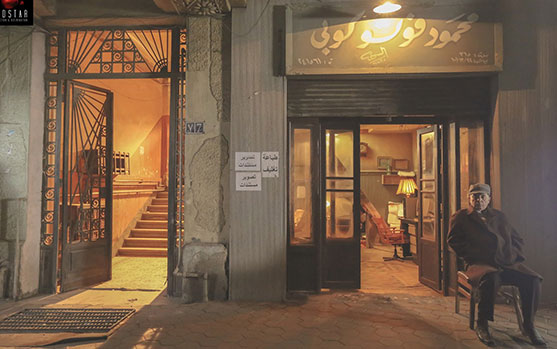
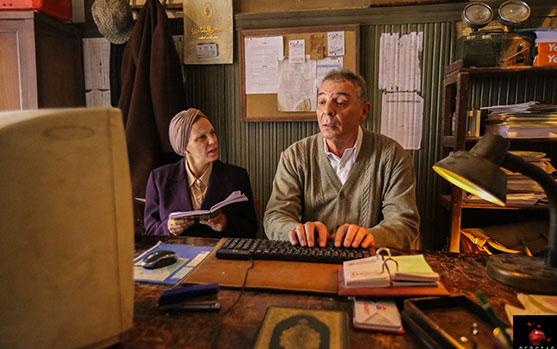
Photocopy
- Egypt
- 2017
- Fiction
- 96min
- Color
- Arabic
- DCP
- 12 and over (12+)
Korean Premier
When Mahmoud settles for early retirement, he buys a nearby storefront and sets up shop: “Mahmoud’s Photocopy”. Here, he makes photocopies for pennies and types up documents on his old computer for the occasional customers. Mostly, he sits on his plastic chair out front, and watches the life of the street drift by. One day, a school boy asks him to type up a report on the extinction of dinosaurs. Mahmoud can’t help but begin to see some strange parallels with the state of his own life. Driven by a desire to change the depressing reality that his own lifestyle is becoming extinct, he starts a journey that leads him to abandon his comfort zone. Fate meets his suddenly-found courage with challenges, fights, struggles that he was never accustomed to, till he meets his biggest fear: falling in love.

Tamer Ashry
Tamer Ashry is a director, producer, script-writer, and cinematographer with 13 years of experience working in film and television in Egypt and the Middle East. He is the founder and CEO of BEE Media, one of the leading production companies in Egypt. He is passionate about creating media that will have a social impact. His work has been screened at numerous international film festivals addressing issues such as sexual harassment, state violence in “The Morgue”, daily life in Palestine in “Pictures from Gaza”, and women’s fight for peace in the critically-acclaimed “Trials of Spring”. He has partnered with organizations such as the UN to create award-winning campaigns for human rights, gender equality, and child abuse. “Photocopy” is his first fiction feature film.
| Seoul |
aco7.16(Thu) 19:30 7.19(Sun) 11:30 |
|---|
| Busan |
7.16(Thu) 15:20 7.19(Sun) 12:40 |
|---|
HIGHLIGHTS
Arabian Wave
The films showcased in this year’s ‘Arabian Wave’ section highlighting the current state of the Arab world offers a macroscopic overview of its past and present admist the rapid shift of the region. Lebanese filmmaker Philippe Aractingi’s “Heritages” unravels the diasporic history run in the filmmaker’s own family, while fragments of lives molded by the post-Iraqi war time slide by the memory of a dying man in the street in “Haifa Street”. The Palestinian filmmaker Elia Suleiman plays his own persona in “It Must Be Heaven” to observe the current state of Palestine within the world and the world within Palestine from a satirical viewpoint. These three films are interesting in the way they highlight Arab sensibilities of today via individuals who are living the history they are placed in.
Two other works shed light on one aspect of present times by focusing on situations occurring in a specific space. The Moroccan film “The Unknown Saint”, set in a newly established village at an isolated desert is a comedy which unravels like a kaleidoscope as it captures changes that take place where change seemed unthinkable, while “The Cave” is a documentary that dives directly into the core of gender issue amidst the social backdrop of the Syrian civil war. These 5 films of the ‘Arabian Wave’ offer the opportunity to take a glimpse into the contemporary Arab world as well as its dynamic modern history, which molded the present time.
FILMS
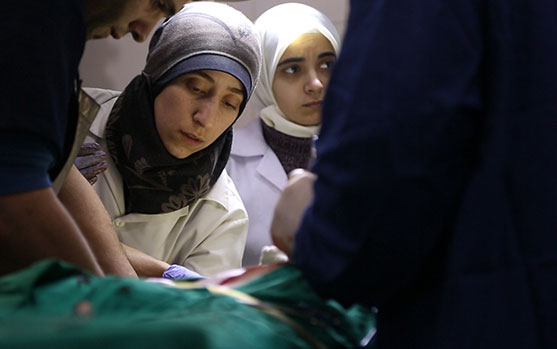
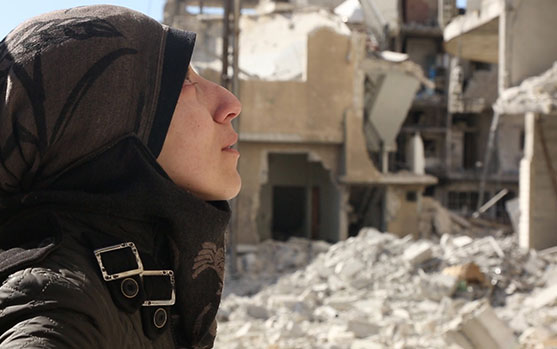
The Cave
- Syria, Denmark
- Documentary
- 2019
- 106min
- Color
- Arabic, English
- DCP
- 15 and over (15+)
Over the past eight years, the war in Syria has spread death, destruction and horror across the country, costing hundreds of thousands of lives and displacing millions. For besieged civilians of Eastern Al Ghouta, hope and safety lie underground inside the subterranean hospital known as the Cave, where pediatrician and managing physician Dr. Amani Ballour and her colleagues Samaher and Dr. Alaa have claimed their right to work as equals alongside their male counterparts, doing their jobs in a way that would be unthinkable in the oppressively patriarchal culture that exists above. Following the women as they contend with daily bombardments, chronic supply shortages and the ever-present threat of chemical attacks, “The Cave” paints a stirring portrait of courage, resilience and female solidarity.
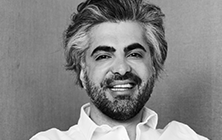
Feras Fayyad
Born in Syria in 1984, Feras Fayyad is an award-winning filmmaker who has received particular recognition for his work on contemporary Syrian issues and the political transformation of the Arab world. His most recent film, “Last Men in Aleppo”, premiered and won the World Cinema Grand Jury Prize at the 2017 Sundance Film Festival and earned him a 2018 Academy Award nomination and many awards, including an Emmy for Best Documentary Feature. The film followed a small group of volunteer rescue workers with the White Helmets civil defense organization. His other films include the feature documentary “My Escape” and television documentaries “Between the Fighter in Syria” and “Wide Shot-Close Shot”.
| Seoul |
7.17(Fri) 16:30 7.21(Tue) 19:30 |
|---|
| Busan |
7.19(Sun) 17:00 7.21(Tue) 17:00 |
|---|
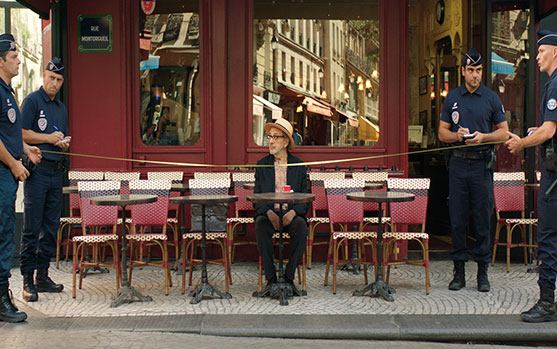
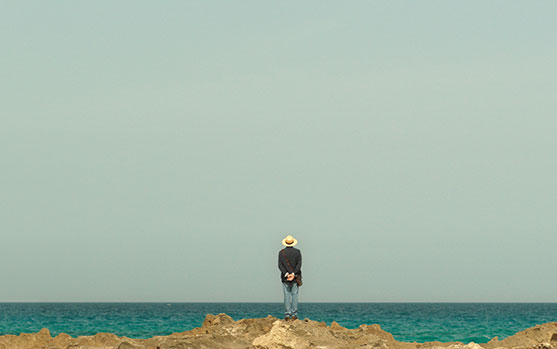
It Must Be Heaven
- France, Qatar, Germany, Canada, Turkey, Palestine
- Fiction
- 2019
- 97min
- Color
- English, French, Arabic, Spanish, Hebrew
- DCP
- 12 and over (12+)
Elia Suleiman escapes from Palestine seeking an alternative homeland, only to find that Palestine is trailing behind him. The promise of a new life turns into a comedy of errors: however far he travels, from Paris to New York, something always reminds him of home. From award-winning director Elia Suleiman, a comic saga exploring identity, nationality and belonging, in which Suleiman asks the fundamental question: where is the place we can truly call home? Through the other-worldly gaze of Suleiman’s persona, we see Palestine within the world and the world within Palestine.
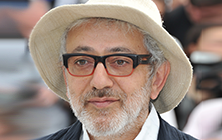
Elia Suleiman
Born in Nazareth on 1960, Elia Suleiman lived in New York between 1981 and 1993. During this period, he directed his two first short films, “Introduction to the End of an Argument” and “Homage by Assassination”. His feature debut, “Chronicle of a Disappearance”, won the Best First Film award at the 1996 Venice Film Festival. In 2002, “Divine Intervention” won the Jury Prize at the Cannes Film Festival and his third feature, “The Time That Remains”, screened In Competition at the 2009 Cannes film Festival.
| Seoul |
7.16(Thu) 14:00 ac7.20(Mon) 19:30 |
|---|
| Busan |
7.18(Sat) 12:50 7.21(Tue) 14:40 |
|---|
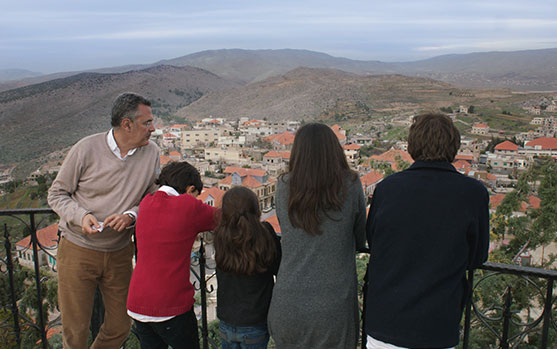
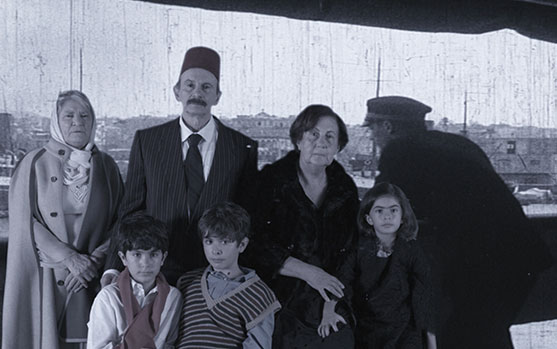
Heritages
- Lebanon, United Arab Emirates, France, Switzerland, Germany
- Documentary
- 2013
- 80min
- Color
- Arabic, French
- DCP
- 12 and over (12+)
Korean Premiere
On July 12, 2006, another war breaks out in Lebanon. As he leaves his motherland for the third time in his life to settle elsewhere, director Philippe Aractingi realizes that, like him, his ancestors have been fleeing wars and massacres for four generations. In a fresco where photos, archives and home videos of his children subtly interact, he tells the story of his family’s travels through the Levant, linking History to an intimate diary. Here, his ancestors’ itinerary is confronted by that of Middle Eastern history: the fall of the Ottoman Empire, the French mandate, the creation of Israel, Pan-Arabism, the Lebanese civil war and beyond. His exploration leads him to the universal questions: Can one find peace in exile? Should we unshackle ourselves from our heritage to be free?
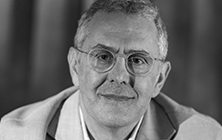
Philippe Aractingi
Philippe Aractingi is an author, director, producer and photographer. To this day, he has directed and occasionally produced more than 50 documentaries and 4 feature films. In 2004, he directed the chart-topping musical comedy “Bosta” (2005). He shot his second film “Under the Bombs” with only two actors in the midst of the turmoil of Lebanon war in 2006, mixing both improvised and scripted scenes. It was selected in 40 festivals including Venice, Sundance and Dubai, and it won a total of 23 awards around the world. “Heritages” explores the past 100 years in the history of the Levant region, while “Listen” (2017) covers the beauty and difficulty of a modern-day Lebanese love story. Philippe Aractingi was named Chevalier de l’Ordre des Arts et des Lettres in 2018 by the Government of France for his contributions to art and cinema.
| Seoul |
7.17(Fri) 11:30 ACO7.19(Sun) 16:30 |
|---|
| Busan |
7.17(Fri) 17:15 7.20(Mon) 17:20 |
|---|
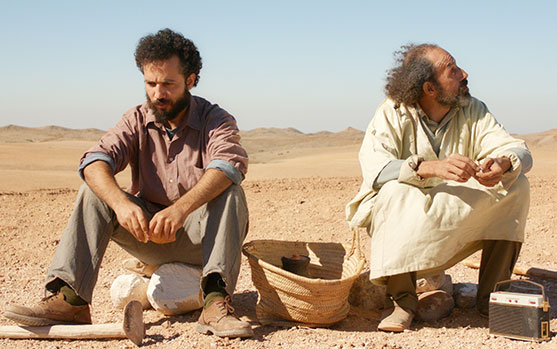
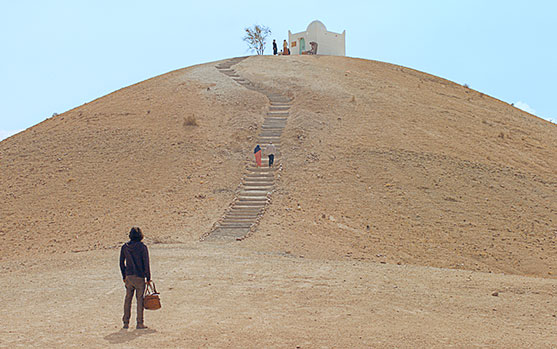
The Unknown Saint
- Morocco, France
- Fiction
- 2019
- 100min
- Color
- Arabic
- DCP
- 12 and over (12+)
A man steals a big bag of money and escapes into the hills with the police hot on his trail. Before he is arrested, he digs a grave to bury the cash and disguises it as a modest tomb. Years Later, Amine is released from prison and sets off to find his money. In the meantime, a religious shrine has been built directly over the place he buried his cash. The mausoleum honors and unknown saint from the region whose tomb was recently discovered. Down the hill from the resting place of the “The Unknown Saint”, a new village subsists on the pilgrims who travel from far and wide to visit the mausoleum. Amine settles into the village and begins plotting a way in.
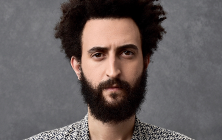
Alaa Eddine Aljem
Trained at ESAV Marrakech and INSAS in Brussels, Alaa Eddine Aljem directed several short films, among them “The Desert Fish” (2015) took the Critics, Screenwriting and Grand Prize at the Moroccan National Film Festival. “The Unknown Saint” is Aljem’s debut feature. With this project, Aljem participated in the Open Doors Lab at the Locarno Festival, where it won the ICAM (Investing in Culture & Art in the South Mediterranean) award. In 2016, Alaa was named by ‘Screen International’ as one of the Five Arab Stars of Tomorrow.
| Seoul |
7.18(Sat) 14:00 7.21(Tue) 11:30 |
|---|
| Busan |
7.18(Sat) 17:10 7.21(Tue) 19:30 |
|---|
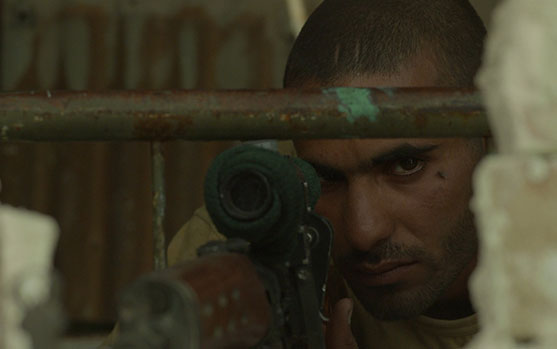
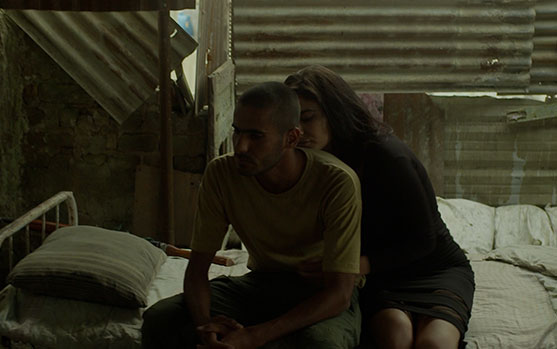
Haifa Street
- Iraq, Qatar
- Fiction
- 2019
- 79min
- Color
- Arabic, English
- DCP
- 15 and over (15+)
It’s 2006 and Baghdad is ravaged by sectarian violence. Haifa Street is the epicentre of the conflict, with masked gunmen and snipers reigning down terror for reasons and political allegiances that are unclear. When Ahmed gets dropped off there by taxi on his way to his beloved Suad’s house to ask for her hand in marriage, he gets shot by Salam, an anxious young sniper who’s living his own personal hell on a rooftop above. Suad desperately tries to save Ahmed, but Salam prevents anyone from approaching him under the threat of gunfire. When her daughter Nadia elicits the help of their cunning neighbour Dalal, all hell breaks loose under the ominous presence of the American occupation.
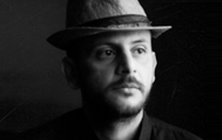
Mohanad Hayal
Mohanad Hayal was born in Iraq. His last short “Happy Birthday” was selected for the 2013 Berlin International Film Festival and received the Rising Star Award at the 2013 Rhode International Film Festival. Mohanad is a seasoned journalist and is currently a freelance war videographer, documenting battles between the Iraqi Army and ISIS. He resides and works in Baghdad, conducting filmmaking workshops as one of the founders of the Iraqi Independent Film Centre. “Haifa Street” is his first feature film.
| Seoul |
7.17(Fri) 14:00 7.19(Sun) 19:30 |
|---|
| Busan |
7.16(Thu) 17:30 7.19(Sun) 19:30 |
|---|
